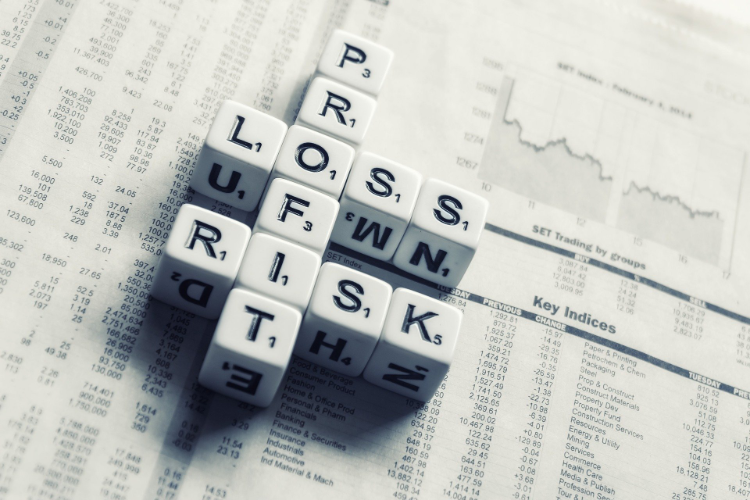No one can deny that dealing with money matters can be stressful. Whether you’re trying to pay a bill, balance your checkbook, create a budget, or manage debt, it can bring up some anxiety. You begin to fret wondering how you’ll get the bill paid in time, whether or not you’ll have enough money to make it through the month, or how you’ll cover the costs of an emergency or unexpected expense. It can be especially challenging for those on a limited income.
However, when you reach a point that the very thought of money causes you undue stress and anxiety that spills into other areas of your life, you could be suffering from a disorder known as money or financial anxiety. Below, are signs to look out for.
Spending Beyond Your Means
Ironically, though money matters are the trigger of anxiety, those who suffer from financial anxiety actually spend more money. They become overwhelmed with emotions and unsure of how to handle it, so, they do some retail therapy. They shop as a means to take their minds off of things. The only problem is, after making a purchase, they often feel anxious all over again. This creates a vicious cycle that leads to more debt and increased symptoms of anxiety.
Hoarding
If you’ve done all that shopping you have to put the items somewhere. The vicious cycle of stressing over money and shopping to relieve the stress eventually leads to the accumulation of a lot of items. Many of which aren’t even opened or used.
Overly Frugal
While frugal living could very well help someone who is struggling with money anxiety get their finances in order and ease their tension, those who suffer from this disorder become frugal to a fault. They are so worried about not having any money that they try to save every penny they can. This might sound good, however, it can be taken to an extreme. They might choose to overlook the need for a serious housing repair just to preserve money, wear the same clothes for years despite their deterioration, eat ramen noodles every day despite the poor nutritional value, or forego a medical procedure to keep the money for themselves.

Substance Abuse
Mental illness and substance abuse often go hand in hand. The constant stressing over money causes people to need something to cope with. If they don’t do this through shopping excessively, hoarding, or being a cheapskate, they may turn to drugs or alcohol to calm their nerves. This dependency on harmful substances, however, is only temporary relief. It also adds to their financial struggles as these habits can get expensive. It then leads to addiction and the need to go to drug or alcohol detox treatment for assistance.
The Cover-Up
You know your finances are bad, but you can’t help but purchase more things for that temporary high you get when you shop. Your shopping becomes so out of control that it begins to impact your family budget. So, rather than stop, you decide to start hiding the fact that you’ve been spending money. You tear up receipts, hide shopping bags, and even lie about where the money went to avoid the heat from your family.
Ignore Your Finances
You get so revved up when you think about money that you’ve convinced yourself that you don’t want to deal with it at all. You don’t read bank statements, you ignore credit card bills, reject collection calls, and skip doing a budget altogether. The only problem is, once again, this makes your personal finances worse and, in turn, your anxiety.
All Work and No Play
The idea of not having any money frightens you so much that you overwork yourself. You work two or even three jobs to try and make sure you always have money. Not only does this weigh on you physically, but you also miss out on enjoying life. Those who are afraid of being without money and suffer from financial anxiety are also known to underspend to try and preserve as much of their money as they can.
There are a number of reasons that people develop money anxiety. It is generally triggered by some sort of traumatic experience with money like growing up in poverty or having lost a fortune to the stock exchange or a business investment. Whatever the reason, allowing yourself to remain anxious at all times and/or to get trapped in the vicious cycles above will only damage your health, reduce your happiness, and limit your ability to enjoy life. Start taking the steps to get back on track by managing your finances properly and perhaps talking with a counselor to sort through the emotions of your past financial experiences.
